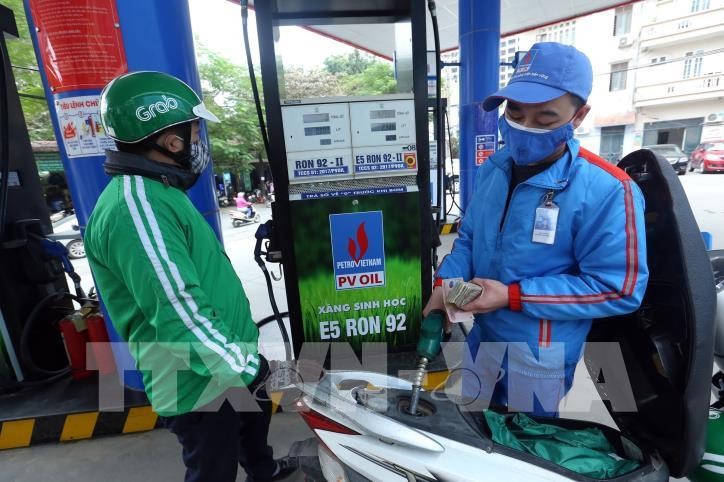
Ministry proposes further tax cut to cool down rising petrol prices
Latest
 |
| |
According to Deputy Finance Minister Nguyen Duc Chi, recent developments have shown that the petroleum market continues to face many unpredictable fluctuations, potentially impacting the domestic supply.
The MoF made a proposal to the Government on April 21 to cut the most favoured nation (MFN) tariff on unleaded petrol from its current rate of 20% to 12%.
The Ministry said that the proposed tariff rate could not significantly reduce domestic petrol prices as Vietnam now mainly imports petrol from ASEAN and the Republic of Korea.
However, the difference of 4% between the MFN tariff rate and the FTA tax rate for petrol can be viewed as reasonable. It would therefore encourage domestic enterprises to seek to diversify their petroleum supply from other countries, including China, the United States, and countries in the Middle East, whilst avoiding dependence on a few partners, especially in the event that the supply in the global market fluctuates.
The National Assembly earlier this year approved the Government’s proposal to halve the environmental protection tax placed on fuel products. The policy took effect on April 1 and will last till the end of the year.
Accordingly, the tax placed on petrol will be cut by VND2,000 per litre, while that on diesel, mazut and lubricants will be VND1,000 per litre. In addition, the tax on kerosene will be lowered by VND700 per litre.
During a recent Q&A session, National Assembly deputies also requested that the government consider further reducing special consumption, import and VAT taxes on fuel products to stabilize the domestic energy market.
Rising petrol prices will certainly affect the transportation and logistics industries, and drive up the costs of other industries, corporate costs also increase, bringing to bear mounting pressure on inflationary control efforts, they said.

















